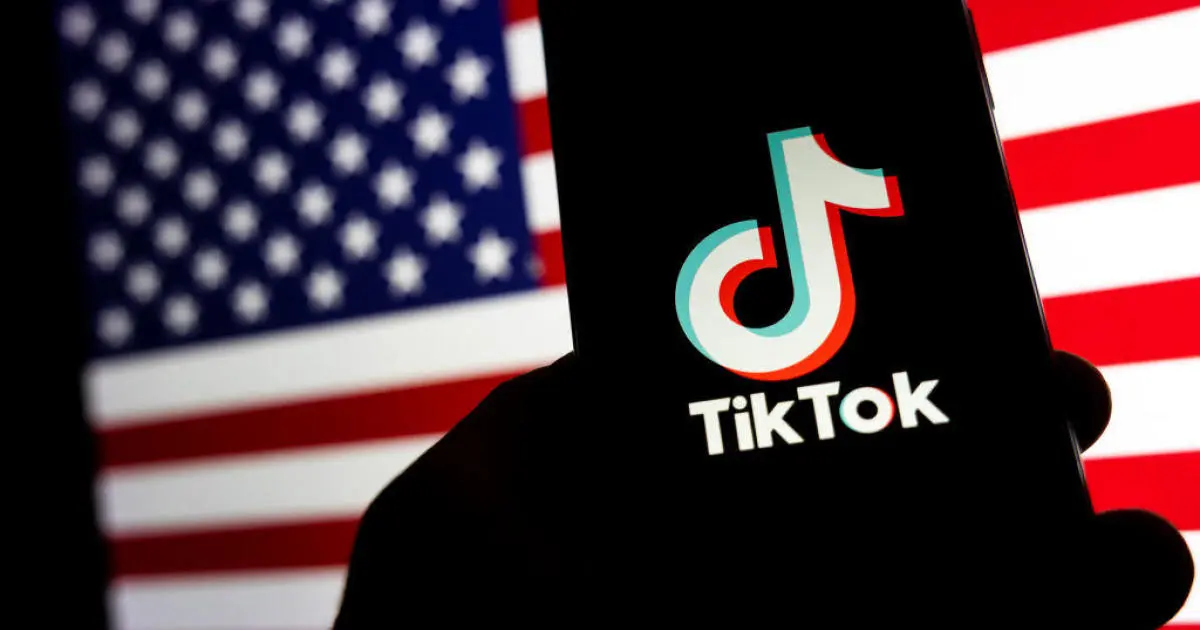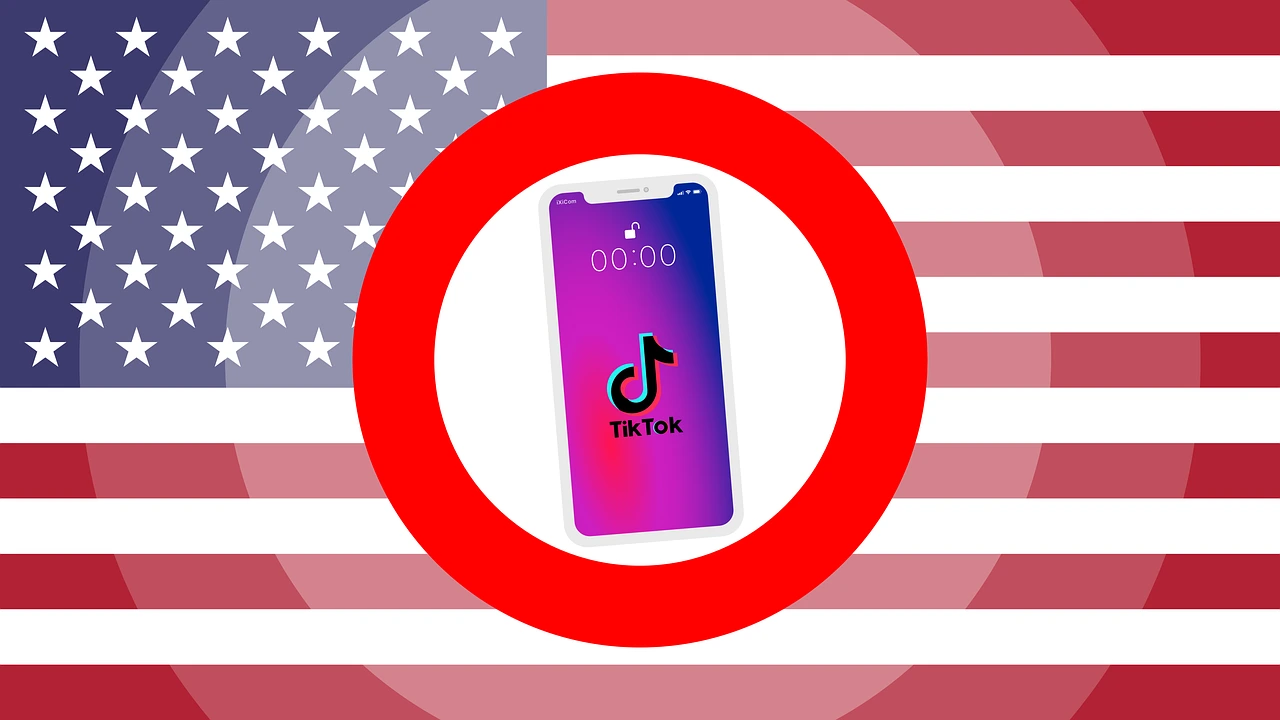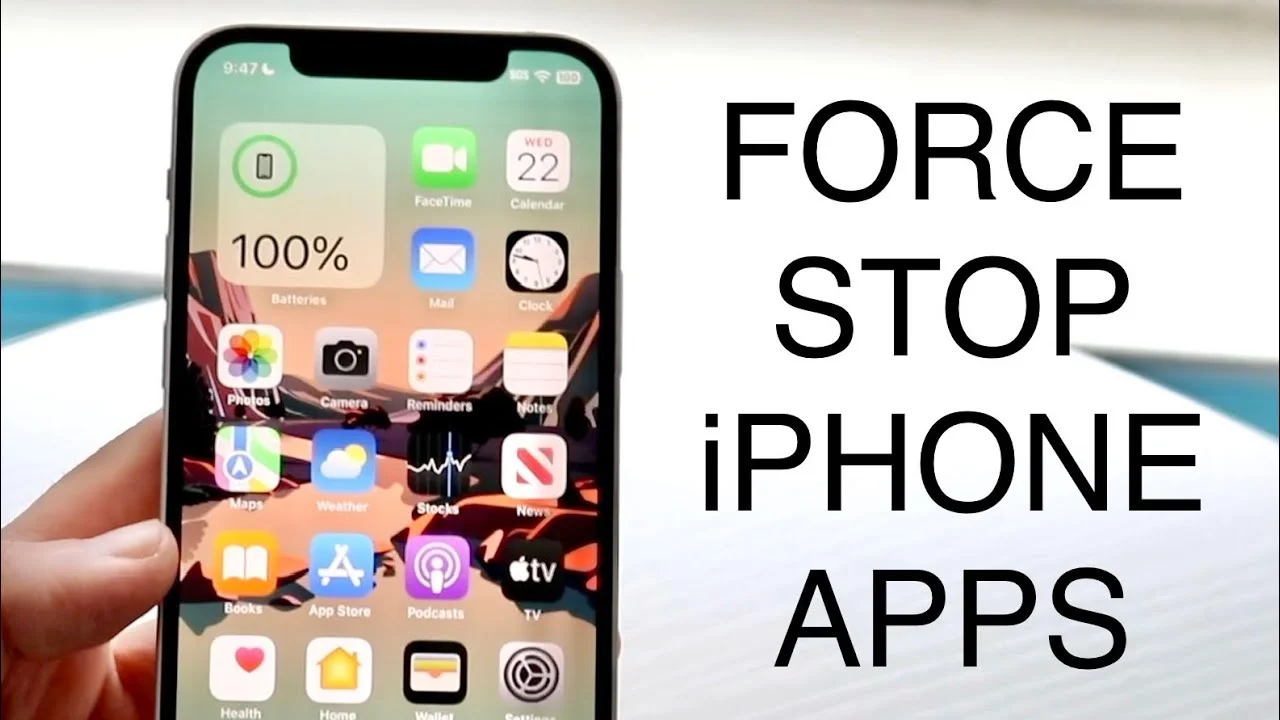TikTok Ban In USA: In the ever-evolving landscape of social media, TikTok has emerged as a global sensation. With its short video format and engaging content, it has captured the attention of over 1 billion active users worldwide. However, TikTok’s journey in the United States has been marred by controversies, with the Trump administration’s threat of a TikTok Ban In USA in 2020 and the Biden administration’s persistent concerns about national security.
This article explores the arguments for and against banning TikTok and the complex decision-making process surrounding this hotly debated issue.
From ByteDance to Global Fame: The Phenomenon of TikTok’s Short-Form Creativity
TikTok, developed by ByteDance, a Chinese tech company, burst onto the scene as a social media app that enables users to create, share, and discover short video clips. Its immense popularity stems from its user-friendly interface and the ability to showcase creativity, dance moves, comedy skits, and much more in a matter of seconds. TikTok’s global reach has made it a cultural phenomenon, shaping trends, music, and even politics.
TikTok Ban In USA: The National Security Argument
One of the primary arguments in favor of TikTok Ban In USA centers around national security concerns. Critics contend that since ByteDance, TikTok’s parent company, is based in China, the Chinese government may exert influence over the app. They fear that user data could be accessed or manipulated to serve the interests of a foreign power, compromising U.S. national security.
Proponents of a ban argue that the Chinese government’s track record of surveillance and censorship raises legitimate concerns about TikTok’s data privacy. They fear that the Chinese authorities might compel ByteDance to hand over user data or manipulate content, potentially infringing on the privacy and security of American citizens.
The Impact on Mental Health
Another argument in favor of TikTok Ban In USA is its perceived impact on mental health, particularly among young users. Several studies have suggested a link between excessive use of the platform and increased levels of anxiety, depression, and loneliness. Critics argue that the addictive nature of TikTok, coupled with the pressure to gain likes and followers, can have detrimental effects on the well-being of its users.
The Freedom of Expression Argument
On the other side of the debate, opponents of a TikTok Ban In USA emphasize the importance of freedom of speech and expression. They view TikTok as a platform that empowers individuals to share their creativity, talents, and opinions with a global audience. Banning the app, they argue, would be a direct infringement on this fundamental right.
Effectiveness in Protecting National Security
Those against a TikTok ban also question its effectiveness in safeguarding national security. They point out that TikTok already operates under strict censorship in China and argue that the app has implemented robust security measures to protect user data in the United States. ByteDance has also taken steps to distance itself from its Chinese operations to allay concerns.
Should TikTok be Banned Based On Pros And Cons?
The debate surrounding the possible TikTok Ban In USA is a multifaceted issue that defies easy resolution. On one hand, compelling arguments exist in favor of such a measure.
Arguments in favor of a ban:
- National Security Concerns: TikTok’s affiliation with ByteDance, a Chinese company, triggers apprehensions that the Chinese government could coerce ByteDance into divulging user data or imposing content censorship on the platform.
- Youth Wellbeing: TikTok’s captivating nature has attracted criticism for its detrimental effects on the mental health of young users. Studies have linked TikTok usage to heightened levels of anxiety, depression, and loneliness among its audience.
- Misinformation Spread: The platform has also come under fire for the dissemination of misinformation, with a 2022 report revealing that nearly one-fifth of TikTok videos contain misleading or inaccurate content.
Arguments against a ban:
- Freedom of Expression: TikTok serves as a medium for people to express their creativity and connect with a global community. Prohibiting the app could potentially infringe upon the fundamental principles of freedom of speech and expression.
- Questionable Efficacy: Advocates for retaining TikTok argue that banning it may not effectively enhance national security. The app is already subject to censorship in China, and it employs a dedicated team of security experts to safeguard user data.
- Economic Implications: A TikTok ban could trigger detrimental economic consequences. The platform is a significant employer in the United States, and it plays a pivotal role for businesses aiming to engage with their target audiences.
In conclusion, the decision regarding a potential TikTok Ban In USA is inherently political. The Biden administration faces the challenging task of balancing the perceived national security risks associated with the platform against the potential adverse repercussions, including threats to freedom of speech and expression. Ultimately, the verdict hinges on the delicate interplay of these factors.
TikTok Banned Countries
|
Afghanistan |
Armenia |
Azerbaijan |
Bangladesh |
Belarus |
|
Brunei |
Cambodia |
China |
Egypt |
Ethiopia |
|
India |
Indonesia |
Iran |
Iraq |
Jordan |
|
Kazakhstan |
Kuwait |
Kyrgyzstan |
Laos |
Lebanon |
|
Libya |
Malaysia |
Maldives |
Mauritania |
Morocco |
|
Myanmar |
Nepal |
North Korea |
Oman |
Pakistan |
|
Palestine |
Qatar |
Russia |
Saudi Arabia |
Somalia |
|
South Sudan |
Sri Lanka |
Sudan |
Syria |
Tajikistan |
|
Turkmenistan |
United Arab Emirates |
Uzbekistan |
Venezuela |
Yemen |
It is important to note that the reasons for these bans vary from country to country. In some cases, such as China and India, the bans are due to national security concerns. In other cases, such as Afghanistan and Saudi Arabia, the bans are due to cultural or religious concerns.
It is also important to note that the bans on TikTok are not always comprehensive. For example, the ban on TikTok in the United States only applies to government devices. Civilians are still free to use TikTok on their personal devices.
Conclusion
Ultimately, the fate of TikTok in the United States remains uncertain. It serves as a stark reminder of the evolving challenges posed by the digital age, where the boundaries between technology, national security, and individual rights continue to blur. As this debate unfolds, it highlights the intricate decisions that governments must make in the modern era, where the digital landscape plays a pivotal role in shaping our lives and the future of our society.
Thank you so much for reading. Please subscribe our website to be updated with latest news feeds.!
Frequently Asked Question (FAQ)
Is TikTok banned in the United States?
TikTok is not currently banned in the United States for civilians. However, the US government has banned TikTok on government devices and is considering other measures to restrict the app's use in the country.
Why is TikTok banned in some countries?
The reasons for banning TikTok vary from country to country. In some cases, such as China and India, the bans are due to national security concerns. In other cases, such as Afghanistan and Saudi Arabia, the bans are due to cultural or religious concerns.
What are the arguments for and against banning TikTok?
Arguments in favor of a ban:
- National security: TikTok is owned by ByteDance, a Chinese company. This raises concerns that the Chinese government could force ByteDance to hand over user data or censor content on the app.
- Harm to young people: TikTok has been criticized for its addictive nature and negative impact on young people's mental health. Studies have shown that TikTok use is associated with increased anxiety, depression, and loneliness.
- Misinformation: TikTok has also been criticized for its spread of misinformation. A 2022 report found that 19.4% of TikTok videos contain misinformation.
Arguments against a ban:
- Freedom of speech: TikTok is a platform for people to share their creativity and connect with others from around the world. Banning the app would infringe on freedom of speech and expression.
- Ineffectiveness: Banning TikTok would be ineffective in protecting national security. TikTok is already censored in China, and the app has a team of security experts working to protect user data.
- Economic impact: A ban on TikTok would have a negative impact on the economy. TikTok is a major employer in the United States, and it is also a popular platform for businesses to reach their target audience.
What would happen if TikTok was banned in the United States?
If TikTok was banned in the United States for civilians, it would likely have a significant impact on social media usage in the country. TikTok is one of the most popular social media apps in the world, with over 100 million active users in the United States.
Is there anything users can do to protect themselves if TikTok is banned?
If TikTok is banned, users can take a number of steps to protect themselves. First, they can switch to alternative video-sharing apps that have strong privacy and security policies. Second, they can be careful about what information they share on social media. Third, they can use a VPN to encrypt their traffic and hide their IP address.





